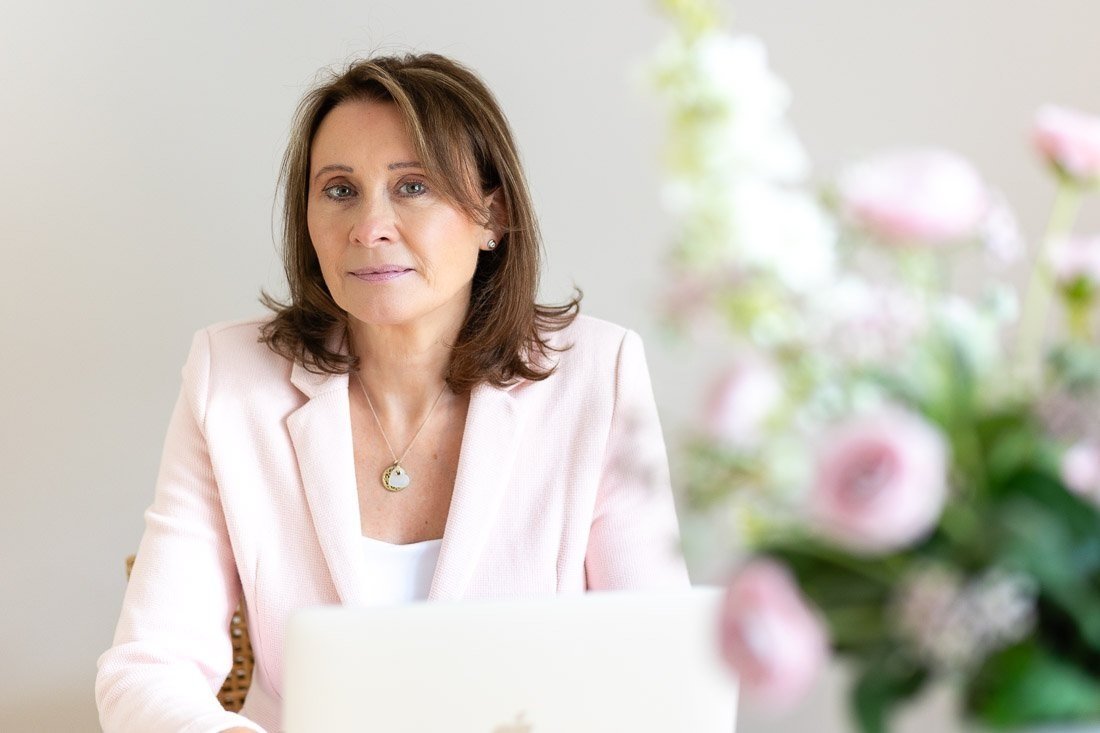Bedwetting Survey Results
Here are the long awaited Bedwetting Survey Results and they look great.
After the ‘Stop Bedwetting in 7 Days Programme’ had been available for a year, I carried out a survey by sending out emails asking a variety of questions. 165 people replied and here is a summary of the results:
The age range varied from 4 years old to 14 years, so I have broken some of the results down by age group. Overall, an overwhelming 85% of respondents said they would recommend this system to other parents. The results went on to show that 73% of children did achieve dry nights using the system.
For 58% of children this was 3 or more dry nights each week, compared to only 13% who were achieving this before carrying out the 7 day programme.
And for 30%, this was total dryness after following the 7 day programme, compared to zero at the start.
I looked more closely at the group of children who had never had any dry nights before in their lives and the results following the programme were as follows:
| Age (Years) | Percentage achieving dry nights |
|---|---|
| 4 | 75.0 |
| 5 | 90.0 |
| 6 | 64.5 |
| 7 | 62.5 |
| 8 | 28.7 |
| 9 | 42.8 |
| 10 | 41.8 |
| 11 | 20.0 |
| 12 | 37.5 |
| 13 | 20.0 |
| 14 | 100.0 |
(Note: there was just one respondent aged 14 years)
Not surprisingly, the figures for the younger age group were higher – leaving me to feel that just like learning how to swim, speak a foreign language or play a musical instrument, it’s best to follow this type of programme as early as possible to avoid the wrong habits becoming deeply ingrained.
However, when I asked how many children who had already experienced some dry nights (but simply not enough) could see a marked improvement following the programme, the figures were much higher in the older age groups.
| Age (Years) | Percentage achieving dry nights |
|---|---|
| 4 | 50.0 |
| 5 | 50.0 |
| 6 | 61.0 |
| 7 | 79.0 |
| 8 | 66.0 |
| 9 | 86.0 |
| 10 | 83.0 |
| 11 | 90.0 |
| 12 | 88.0 |
| 13 | 60.0 |
| 14 | 50.0 |
These results reflect the outcome after following the 7 day programme with reinforcement from listening to the audio programme and repetition of the visualisation exercises. Over the following months, these children can expect their results to continue improving till they reach 100% dryness.
Each child’s response will be different
There are a number of factors that can affect these results. As well as the age and psychological makeup of each child, there is also medical history and the parent’s own relationship with the child plus their personal interpretation of the programme, to be taken into consideration.
As parents we all know how much easier it is for an ‘outsider’ such as a teacher or tutor to sit and work with our children, than it is for us. And I also appreciate that not every parent will be able to deliver the NLP techniques in the way that I can, following all my years of training.
However, following these positive results from the Bedwetting Survey, I would very much hope that GPs, Health Visitors and Enuresis Clinics consider adopting these methods, training their staff and using them as a first resort, rather than recommending them as a last resort, which is often what happens. Not only will our children be healthier and happier but both parents and hospitals will save an enormous amount of money.
Alicia Eaton is a Children’s Behavioural Specialist based in London’s Harley Street since 2004. She is the author of the best-selling ‘Stop Bedwetting in 7 days’ book and online video treatment programme. Her other books include ‘First Aid for your Child’s Mind’ and ‘Words that Work: How to Get Kids to Do Almost Anything’.
For more details see www.aliciaeaton.co.uk


